Rivers of Hope at the 7th Annual Haitian American Business Expo
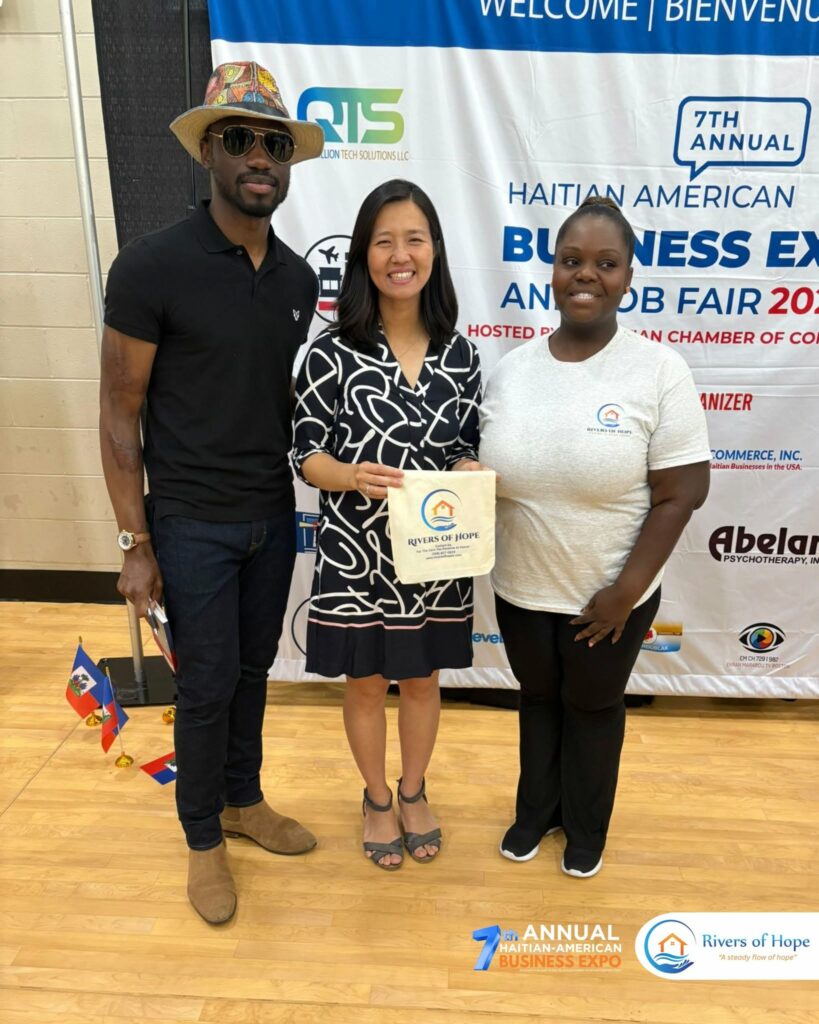
Boston, MA – June 2025 Rivers of Hope had an incredible time at the 7th Annual Haitian American Business Expo! 🇭🇹✨ Held at 1350 Tremont St., Boston, the event was a vibrant celebration of Haitian culture, community unity, and small business entrepreneurship. We were honored to welcome many of you to our booth and share […]
Rivers of Hope Advocates for Change at AFC Awareness Event
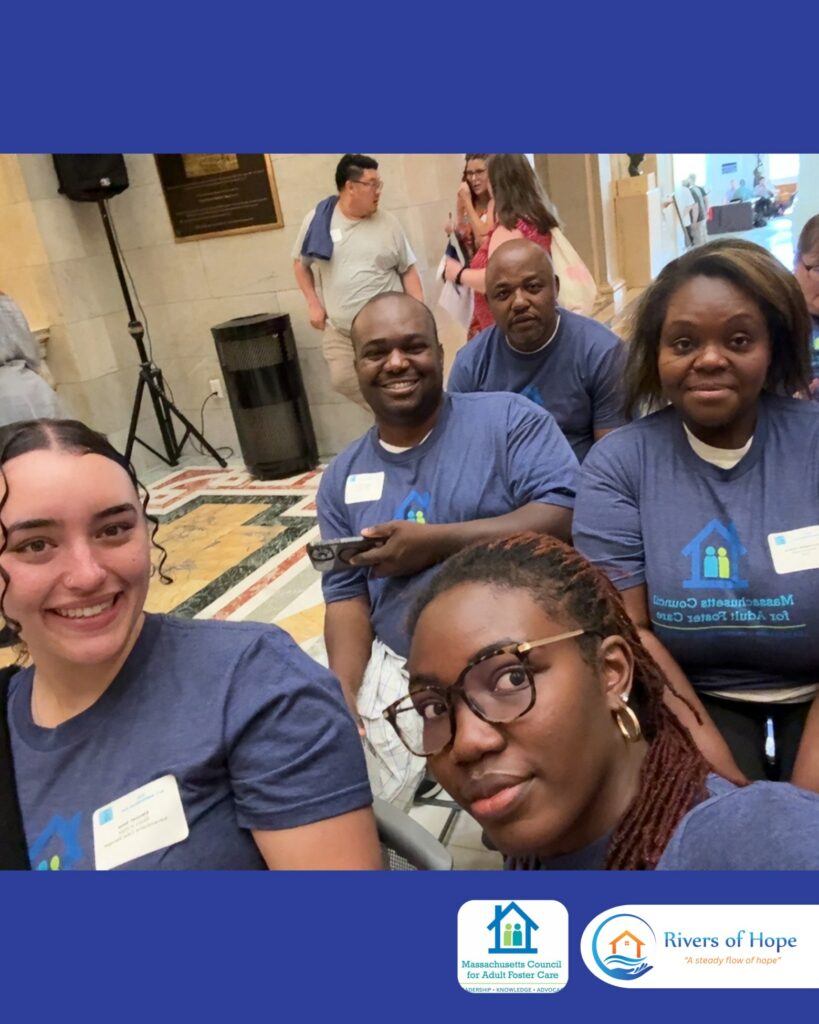
Boston, MA — June 2025 Advocacy matters. Change starts with conversations. This June, Rivers of Hope proudly joined the Massachusetts Council for Adult Foster Care at the State House for the AFC Awareness Event. The event gathered advocates, providers, and caregivers to raise awareness of vital legislation that directly impacts Adult Foster Care across the […]
Rivers of Hope Celebrates Ribbon Cutting Ceremony in Taunton, MA
May 21, 2025 – Taunton, MA Rivers of Hope (ROH), a compassionate provider of in-home care services for seniors and individuals with disabilities, proudly hosted its Ribbon Cutting Ceremony today at its location, 189 Broadway, Taunton, Massachusetts. The event was led by CEO Francineglide Victoria and marked a big step forward in ROH’s mission to […]
Rivers Of Hope CEO Francineglide Victoria Joins the Rotary Club Of Taunton
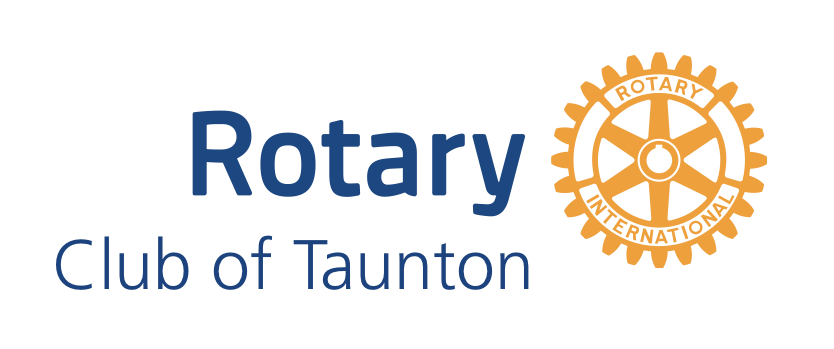
Taunton, MA – April 2024 Immediate Release For Immediate Distribution Rivers of Hope is pleased to announce that Francineglide Victoria, CEO of Rivers of Hope, has joined the esteemed Rotary Club of Taunton. Francineglide was proudly pinned as a new member on April 11th, 2024, marking the beginning of her journey with this distinguishedorganization. The […]
Rivers of Hope Achieves Home Care Excellence with Accreditation from the Home Care Alliance of Massachusetts, Inc.

FOR IMMEDIATE RELEASE Rivers of Hope Receives Home Care Agency Accreditation from the Home Care Alliance of Massachusetts, Inc. Brockton, MA – Rivers of Hope, a community-based organization that provides care and support for individuals with intellectual, developmental, and physical disabilities, is proud to announce that it has received Home Care Agency Accreditation from the […]
Celebrate 4th of July with Rivers of Hope
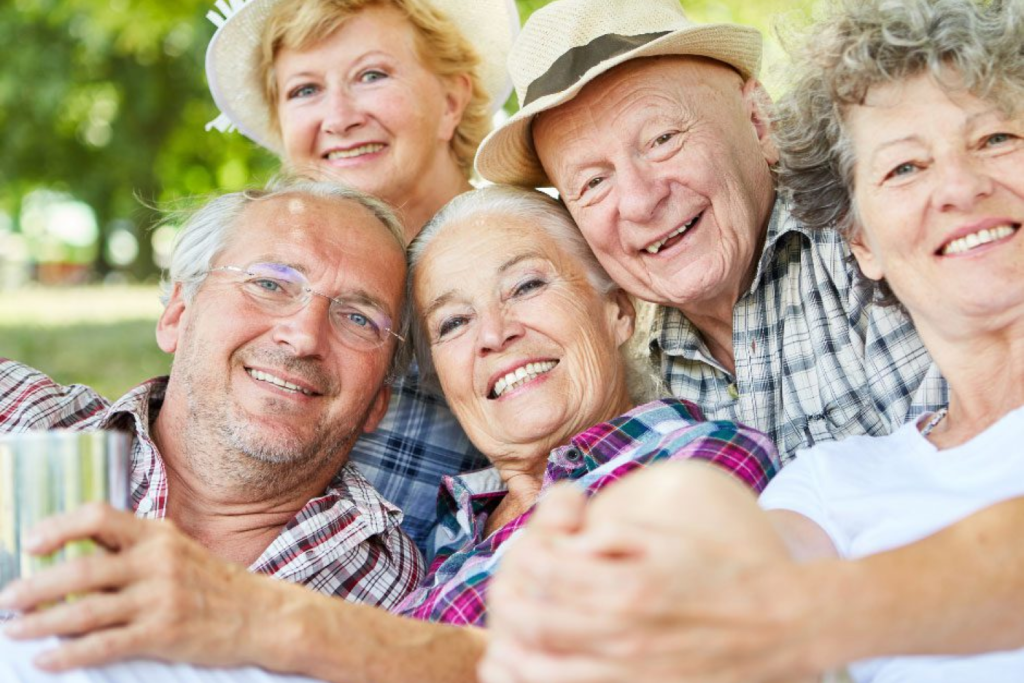
It’s already July, which means this 4th of July weekend will be filled with fun, family, and fireworks. But Independence Day might be a little bittersweet for elderly people who have trouble living independently. Age-related challenges can make it difficult for many seniors, particularly those who need in-home care, to completely enjoy the holiday. Our […]
Old American Month 2022 Activities
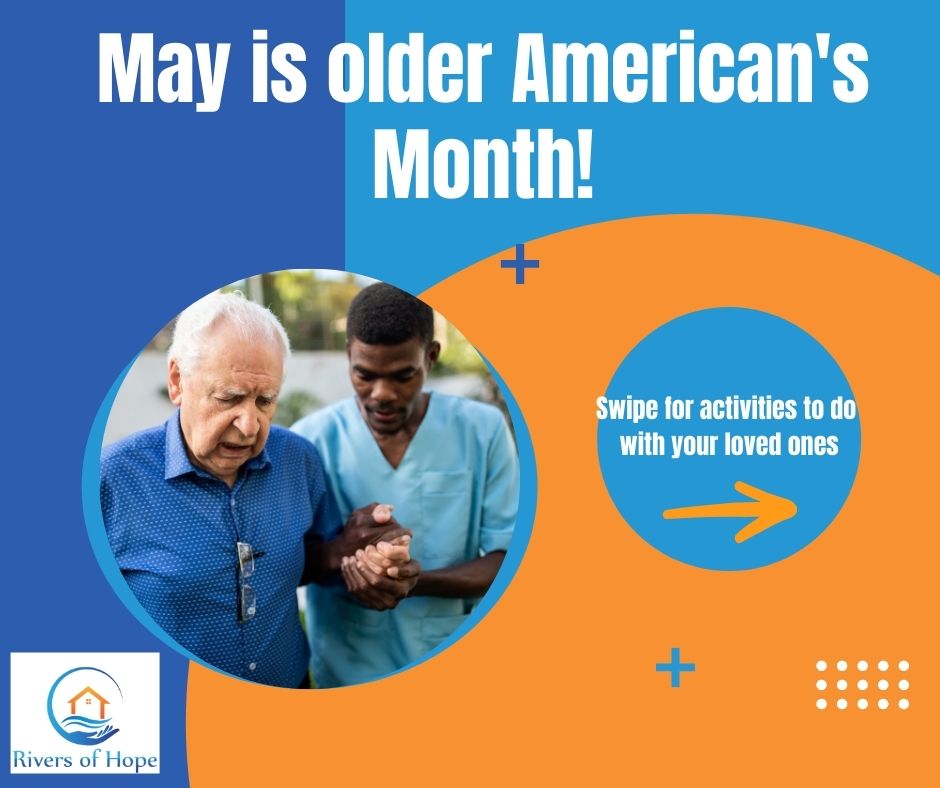
Stories Stories foster community and bring us together (even if we can’t be physically present). Stories are a terrific way to learn about and engage with others, whether you’re a group of friends, a neighborhood community, or an organization. Remember that everyone has various interests, technology access, and comfort levels as you plan. The finest […]
Black History Month
Did you know that Black American women die from heart disease at a higher rate than white women? Did you know that heart disease is the leading cause of death among women in the United States? Major risk factors include diabetes, smoking, physical inactivity, obesity, high blood pressure, high cholesterol, and a family history of […]
A New Year’s resolution list can help caregivers make positive changes.
We either love them or avoid them, but no matter what our stance on New Year’s resolutions, there is something incredibly refreshing about stepping into a whole new year, providing us with a clean slate and the chance to make any modifications we want to improve total well-being or to accomplish a brand new goal […]




